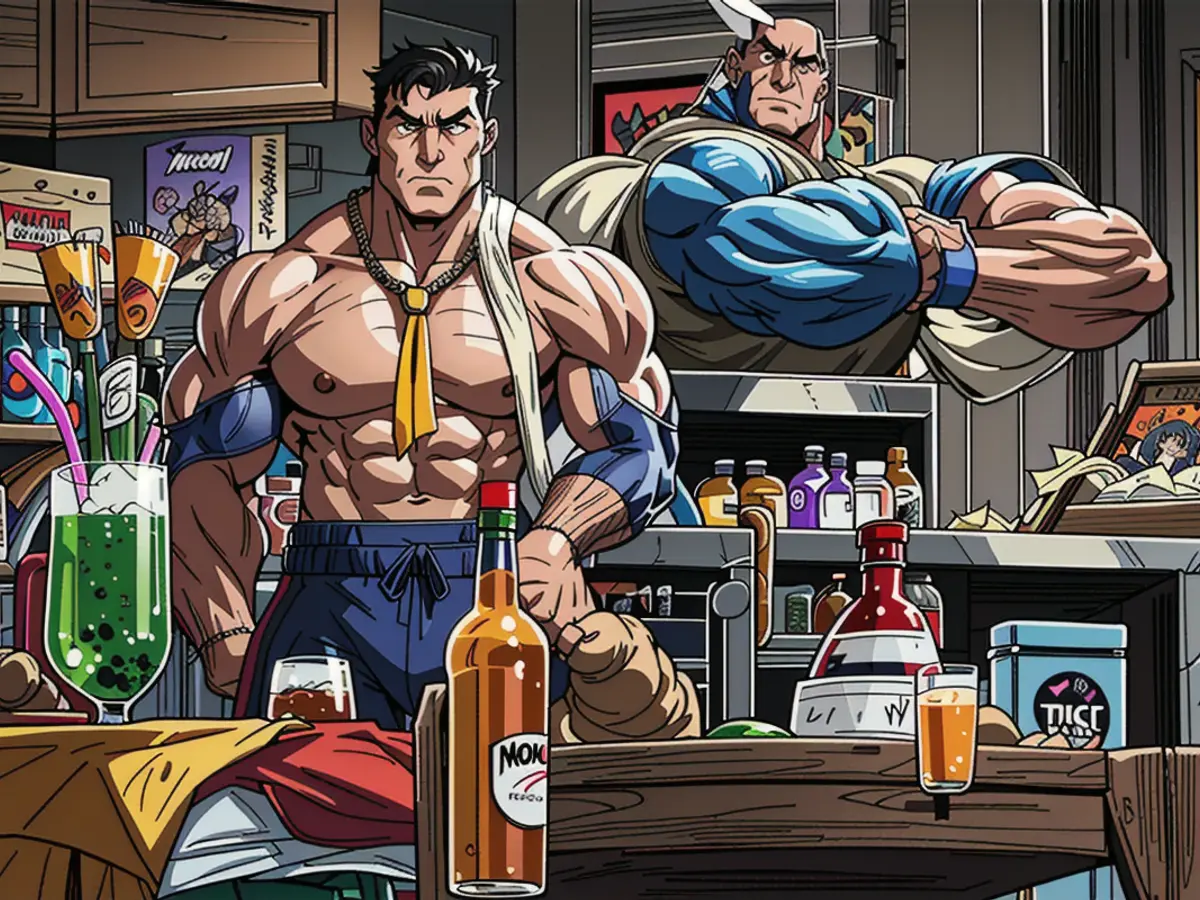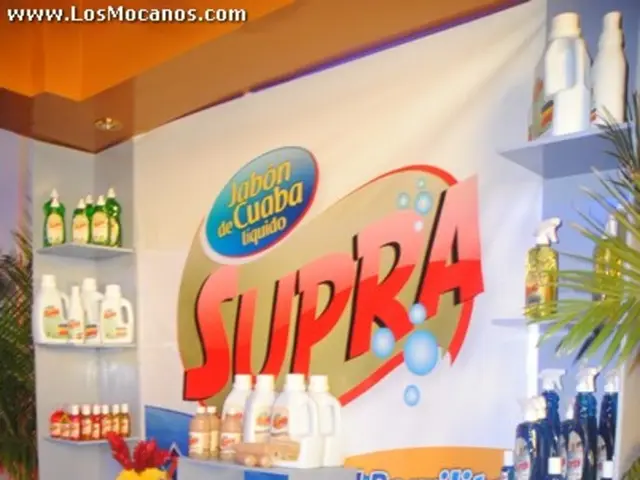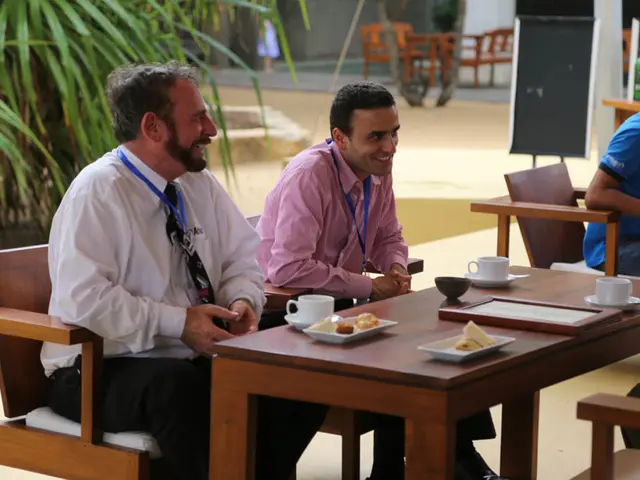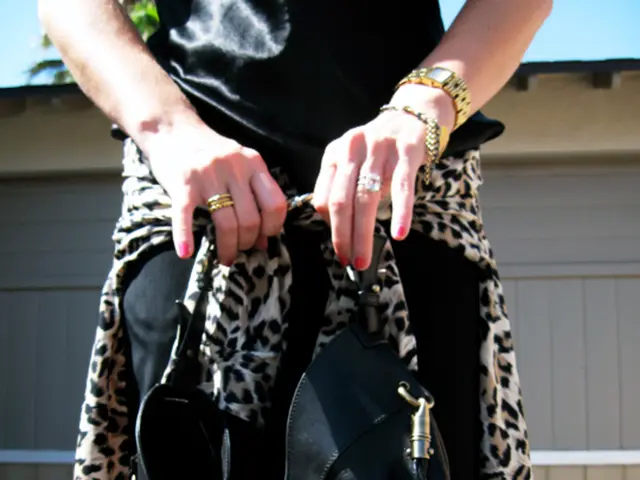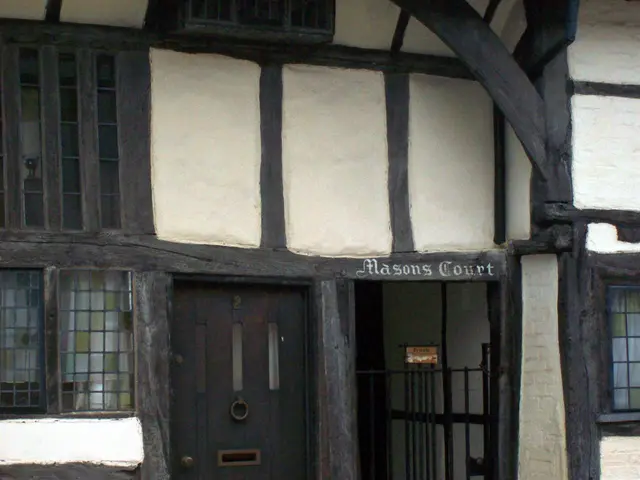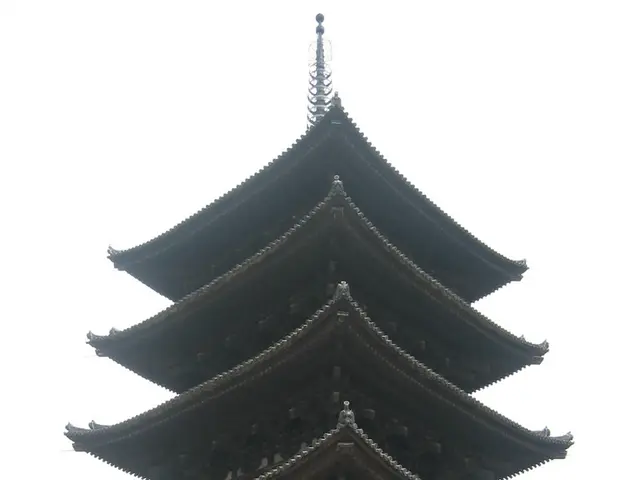U.S. residents are already transitioning away from spirits and beer. Alcohol corporations are preparing for the future.
Major breweries like Molson Coors and Anheuser-Busch InBev, along with spirit giants such as Diageo and Pernord Ricard, are broadening their product offerings with non-alcoholic drinks to cater to a growing number of customers, particularly younger ones, who are choosing to abstain due to health concerns.
A poll conducted by Gallup in August revealed that nearly half of Americans believe that consuming one or two drinks a day is detrimental to health, marking the highest percentage recorded in the survey's 23-year history. Younger adults were most likely to state that drinking is harmful to health. The poll also revealed that only 58% of adults currently consume alcohol, a decrease from 67% in 2022, although this figure is relatively close to the historical average of 63% since 1939.
However, this trend does not necessarily signal a disastrous outlook for the alcohol industry. Instead, a report from IWSR, a leading drinks analysis firm, indicated that the global market for non-alcoholic drinks is undergoing a period of significant growth, driven by evolving consumer behavior and the momentum of the no-alcohol movement.
The trend is expected to grow by $4 billion by 2028, with non-alcoholic drinks even showing a preference among younger audiences and displaying higher frequency and intensity of consumption, according to the report.
Coors first recognized this trend in 2019 by rebranding itself as the Molson Coors Beverage Company and expanding its product line beyond its popular Miller Lite and Coors Light beers. In a blog post in 2023, Kevin Nitz, Molson Coors Beverage Company's vice president of non-alcoholic products, stated that, "Beer will always be at the heart of what we do, but we know there's an enormous opportunity with non-alc and that's why we've committed to making it an important part of our business."
Since then, Coors has ventured into zero-sugar energy drinks, non-alcoholic beers like Peroni 0.0, and this year will introduce a popular zero-proof Australian canned cocktail alternative called Naked Life to US shelves. Nitz reported that sales of the non-alcoholic ready-to-drink category have seen a near 70% increase in the US over the past year.
Competing company Anheuser-Busch InBev is focusing on its non-alcoholic beer lineup, which includes Budweiser Zero, Stella Artois 0.0, O’Doul’s, and Corona Cero, which will be rolled out this month along with Michelob Ultra Zero. Although the company does not provide specific numbers, it stated in its 2023 annual report that its non-alcoholic beers "continued to outperform, delivering high-teens revenue growth."
Even smaller craft breweries, which have faced challenges in recent years, are capitalizing on the non-alcoholic craze. The largest craft brewer producing non-alcoholic beers is Athletic Brewing Company, which has become the top-selling beer at Whole Foods.
Matt Gacioch, staff economist with the Brewers Association, stated in a CNN report that there is a rising interest among craft beer consumers, which is "driven by a mix of lifestyle choices and by so many new non-alcohol craft options." Non-alcoholic beer sales have seen a significant increase, with sales jumping more than 100% between 2021 and 2024 in all months except December (excluding unreleased figures).
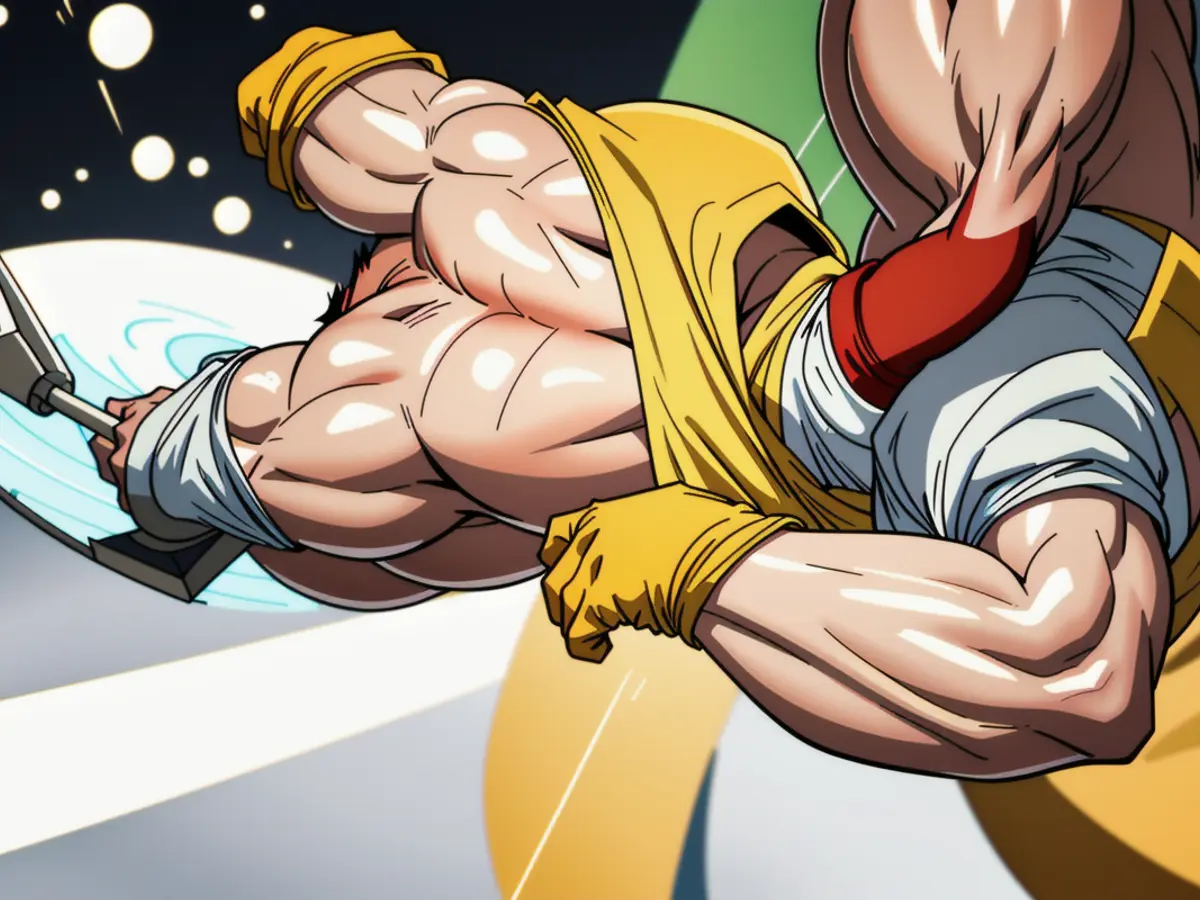
This trend extends beyond Dry January, as non-alcoholic beer sales have witnessed a surge in all months between 2021 and 2024. "Although non-alcoholic beer tends to have the largest share of beer dollar sales overall in January, the share is only marginally higher than the other months in the year," said Gacioch. "If anything, the share of non-alcoholic sales gets a bump in January that sets the new baseline for the ensuing calendar year."
Non-alcoholic spirits and wines
Spirit and wine companies are also capitalizing on this trend. Diageo, the maker of over 200 alcoholic brands such as Ketel One vodka, Tanqueray gin, and Johnnie Walker Scotch whisky, bought Ritual Zero Proof, the top-selling US non-alcoholic spirits brand, in September. The acquisition allows Diageo to "present consumers with even more choice and variety," as stated in a press release.
Similar to other spirit brands, Diageo has experienced a decrease in sales after a pandemic-induced boom. Consumers are reducing expensive purchases and reevaluating their relationship with alcohol, prompting Diageo's CEO Debra Crew to describe the environment as "volatile."
Pernod Ricard, the maker of Beefeater London Dry Gin, introduced a non-alcoholic gin in 2023, joining its lineup of Cinzano Spritz 0% and Ceder’s, a gin-like, booze-free drink. However, US sales of Pernod brands dropped by 10% in the most recent quarter due to retailers tightening their stock levels and maintaining high promotional intensity.
There's an increasing desire among consumers, particularly those identified as 'flexidrinkers', for top-notch non-alcoholic options, according to David Serre, the executive vice president of strategy and finance at Moët Hennessy. This trend is driven by the rise of these 'flexidrinkers', who strive to reduce their alcohol intake without sacrificing flavor or enjoyment.
Moët Hennessy isn't the only one recognizing this need. Other companies have jumped on the bandwagon as well, including Society De La Rassi. They've released a $70 non-alcoholic sparkling wine, referred to as 'dealcholized', crafted from Chardonnay grapes in Spain. Society De La Rassi's founder, Steve Jackson, shared with CNN that his goal was to produce an elegant drink that mirrors the taste of champagne, ideal for sophisticated occasions like weddings.
In response to growing health concerns, businesses are diversifying their offerings to include non-alcoholic drinks. For instance, Molson Coors Beverage Company has expanded its product line to include zero-sugar energy drinks and non-alcoholic beers.
Recognizing the preference for non-alcoholic options among younger audiences, Diageo, a renowned spirit company, acquired Ritual Zero Proof, the top-selling US non-alcoholic spirits brand.


